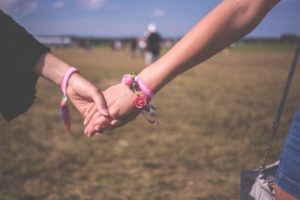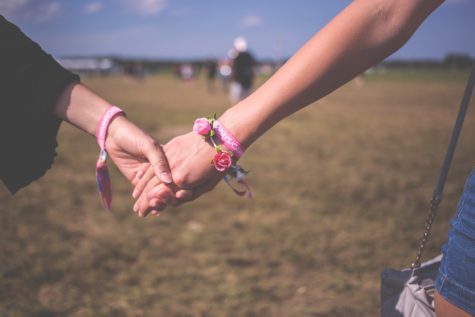SEATTLE — Lesbian, gay, and bisexual adults, particularly women, are more likely than their straight counterparts to experience chronic health conditions in later life, a new study finds.
Researchers at the University of Washington looked at survey data derived from the Centers for Disease Control (CDC) on 33,000 straight and gay adults, aged 50 and older, finding significant health disparities between the two groups.

Older women who identified as being lesbian, gay, or bisexual (LGB) were more likely to suffer from cardiovascular disease and weak immune systems.
Aching necks and backs were a common complaint of most LGB women as well — compared to 40 percent of heterosexual women, 53 percent of lesbian and bisexual women noted having pain.
They were also up to twice as likely to engage in risky behaviors, like smoking and excessive drinking, and more likely to be affected by mental distress.
Interestingly, older lesbian and gay men were far more likely to suffer from a disability or mental distress than older bisexuals. About 7 percent of gay and bisexual men dealt with chest pain associated with heart disease, compared to 4.8 percent of straight adults.
Amid these negative findings were some positive outcomes. LGB women were more likely to have health insurance, and showed a greater propensity for seeking preventive care, such as obtaining HIV tests and blood pressure screenings.
As for what could be causing these worrying disparities, it would seem that a number of factors have contributed to the chasm, including ones of a social, psychological, and environmental nature.
“The strong predictors of poor health are discrimination and victimization,” explains researcher Karen Fredriksen-Goldsen in a news release.
Considering how 2.7 million Americans over the age of 50 don’t identify as being straight, perhaps further health advocacy could be made on the behalf of this often forgotten group.
Bisexual individuals, in particular, have trouble finding a sense of belonging in either the gay or straight communities, which can cause further alienation, the researchers note.
“Most people think gay and bisexual men would have more adverse health effects, because of the HIV risk,” adds Fredriksen-Goldsen. “Lesbian and bisexual women tend to be more invisible, less often considered when it comes to health interventions. This is a population that isn’t getting the attention it deserves.”
The study’s findings were published this month in the American Journal of Public Health.
